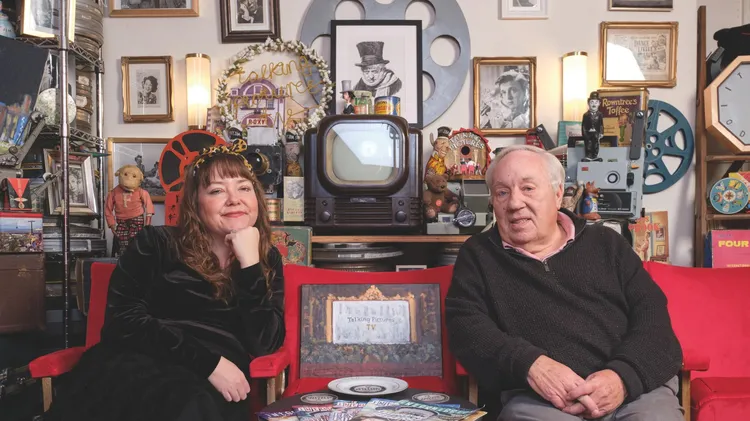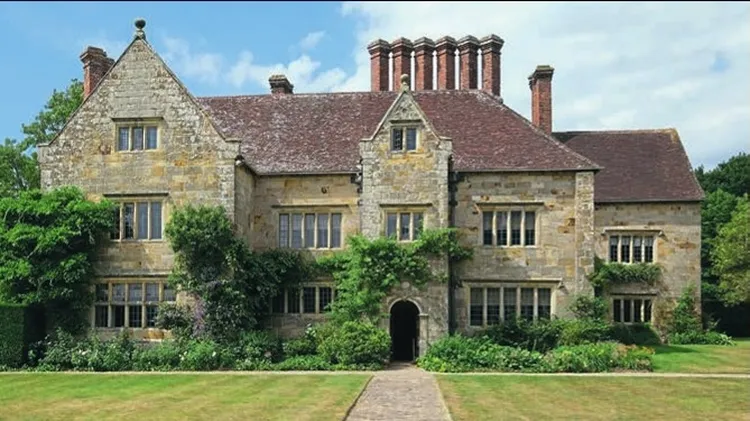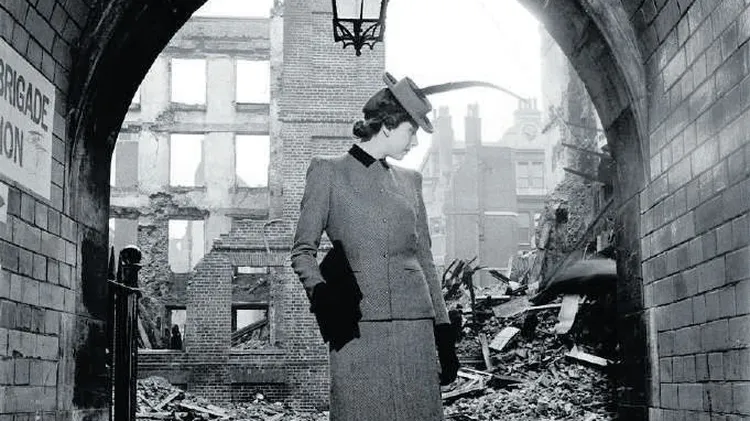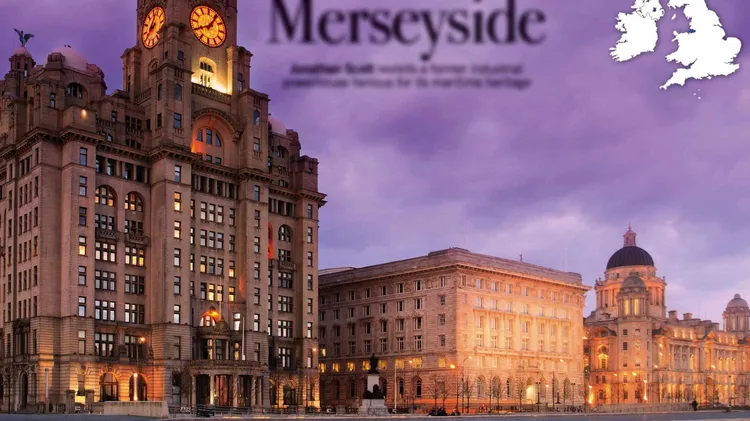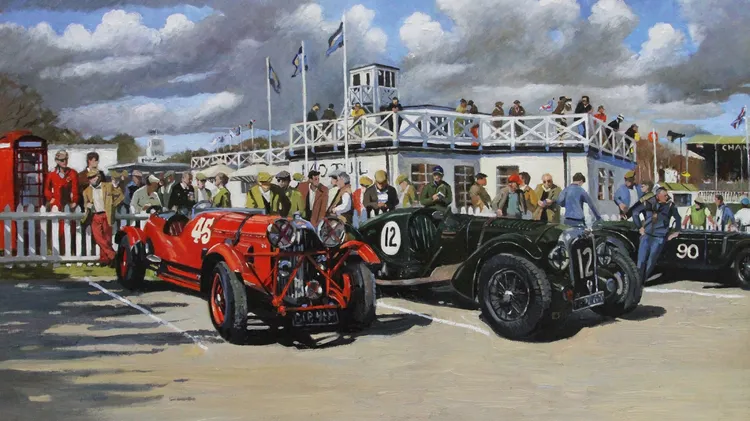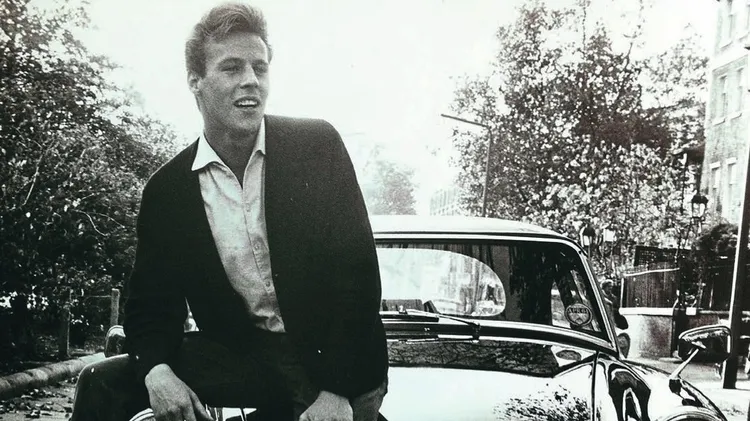Darren Vidler’s great great uncle was a master of cinemato
‘alfred was a cinema pioneer’
2 min read
This article is from...
Read this article and 8000+ more magazines and newspapers on Readly

